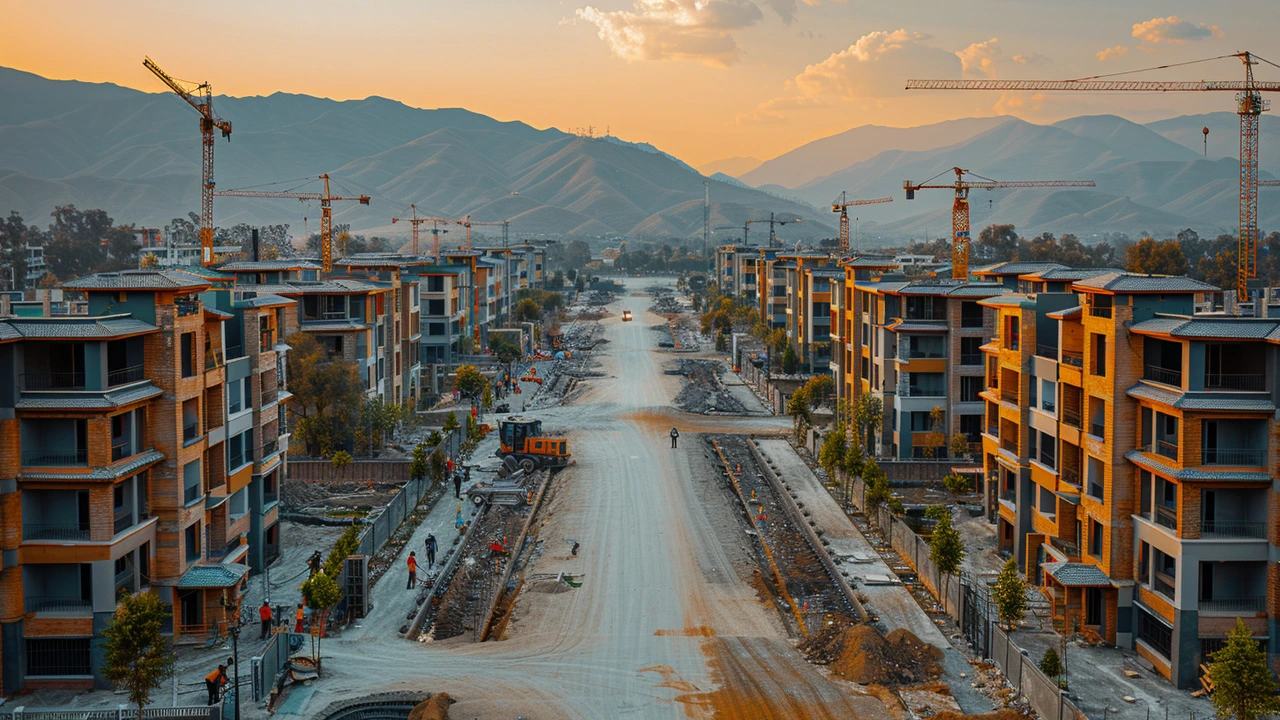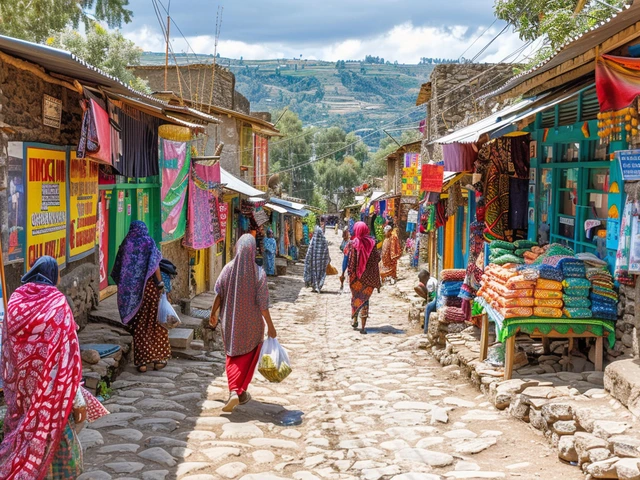Affordability in Ethiopia: The Real Costs of Living, Working, and Thriving
Curious about what it truly costs to live, work, and make money in Ethiopia? You’re not alone. Whether you’re moving to Addis Ababa, hunting for new job opportunities, or just want to know how far your birr goes, affordability is a top concern for everyone in Ethiopia.
Housing often takes the biggest chunk out of monthly budgets. In the capital, rent for a simple apartment can surprise newcomers. A decent one-bedroom flat in Addis Ababa can cost anywhere from 5,000 to 15,000 ETB each month. Prices get lower in smaller cities, but location matters—a lot. Want to save? Look beyond city centers or opt for shared housing with friends or relatives.
Salaries in Ethiopia show real variety between sectors and experience levels. Entry-level jobs, especially in education, retail, or public service, might pay around 3,000 to 6,000 ETB per month. Skilled professionals like pharmacists or engineers can land higher pay, sometimes 15,000 ETB or more. Tech and business roles, though still growing, often promise the biggest payouts. Expats and returnees sometimes earn more, but remember—cost of living doesn’t always match salary hikes.
Everyday expenses add up quickly if you’re not paying attention. Basic groceries for one person can come to about 3,000 to 5,000 ETB per month if you stick to local markets. Imported foods or eating out regularly will bump up your bills. Transportation costs are manageable, especially if you rely on minibuses or shared taxis, which can help you stick to your budget.
Thinking of investing or starting a business? Ethiopia’s market is buzzing, but knowing what you’re getting into is key. Entry costs for small businesses—think cafes or service shops—may only require tens of thousands of birr. Larger ventures need more serious capital, especially if you’re aiming for real estate or manufacturing. Get smart and research local regulations and hidden costs before committing.
So how do you stretch your money further? Many locals supplement their main income with side hustles, from online gigs to tutoring. Freelancing, remote work, and even social media opportunities are gradually growing, offering new ways to boost your monthly income.
It’s not just about what you earn—how you spend and save changes your whole experience. Plenty of Ethiopians manage on lower incomes by splitting costs with family, cooking at home, and finding deals at markets. If you’re moving here, talk to locals or coworkers for the real scoop—nothing beats firsthand advice on where to live or shop affordably.
Bottom line: Affordability in Ethiopia depends on your choices, your hustle, and, above all, your willingness to understand the ins and outs of local costs. Track your spending, ask questions, and stay flexible. You might be surprised by how affordable (or expensive) life here can be, depending on your lifestyle and career goals.





